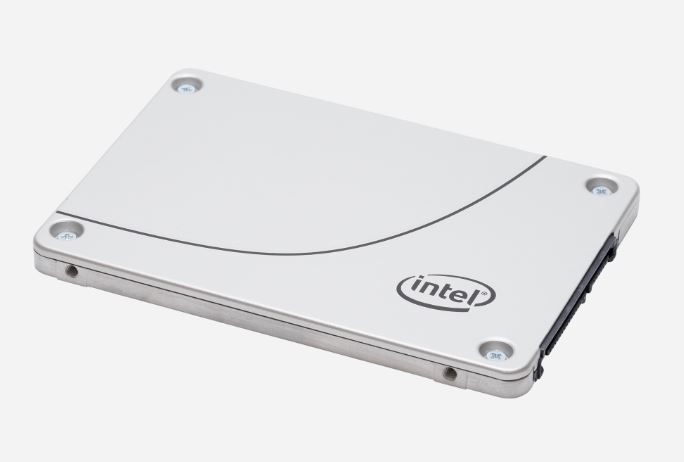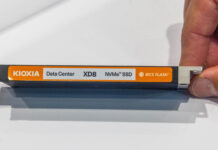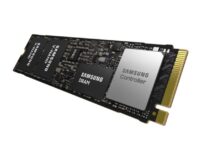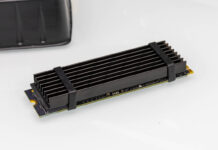Intel has a long history of x6xx SSDs. The latest generation is the Intel D3-S4610 SSD which uses Intel’s TLC 3D NAND technology to bring more capacity to the segment. This is the segment of the market that still wants SATA III SSDs due to the ubiquity of the 6.0gbps interface. Customers in this segment need more performance and write endurance than a purely read optimized capacity tier, but do not need premium performance.
Intel D3-S4610 in the SSD SKU Stack
The x6xx series of Intel SSDs have typically occupied a mixed-use segment of the market. The x7xx and higher SSDs have been the high-performance lines while the x3xx and x5xx lines have been the capacity or read optimized lines. We recently covered how Intel was changing its SSD naming for the first time in quite a while in our piece Intel Revamps Data Center SSD Naming Conventions. The hierarchy now looks like this:
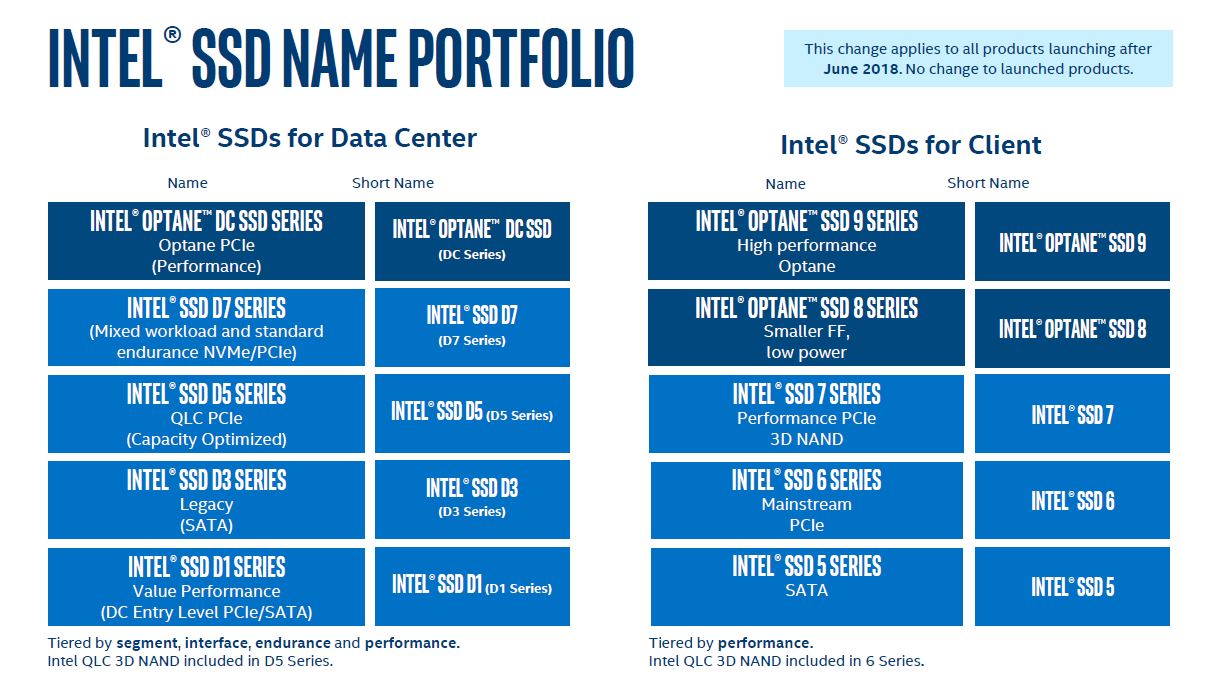
As we can see, the Intel D3-S4610 SSDs are the legacy SATA SSDs below the QLC capacity tier D5 series of NVMe SSDs. In the future, we expect the SSD market to move away from SATA in the near term. Instead, we expect NVMe and SAS3 or SAS4 to take unit volume from the SATA SSD market as it goes away.
Intel D3-S4610 Key Specs
Here are the key specs of the Intel D3-S4610 SSD:
| Capacity | 2.5in – 240GB, 480GB, 960GB, 2TB (1.92TB), 4TB (3.84TB) |
| Performance | 128KB Sequential Read/Write – up to 560/510 MB/s
4KB Random Read/Write – up to 97,000/51,000 IOPS |
| Reliability | Designed for end-to-end data protection from silent data corruption, uncorrectable bit error rate < 1 sector per 1017 bits read |
| Power | Active power up to 3.7W; Idle power up to 1.1W |
| Interface | SATA 6Gb/s |
| Form Factor | 2.5in x 7mm |
| Media | Intel® 3D NAND, TLC |
| Endurance | 3 DWPD |
| Warranty | 5-year limited warranty |

